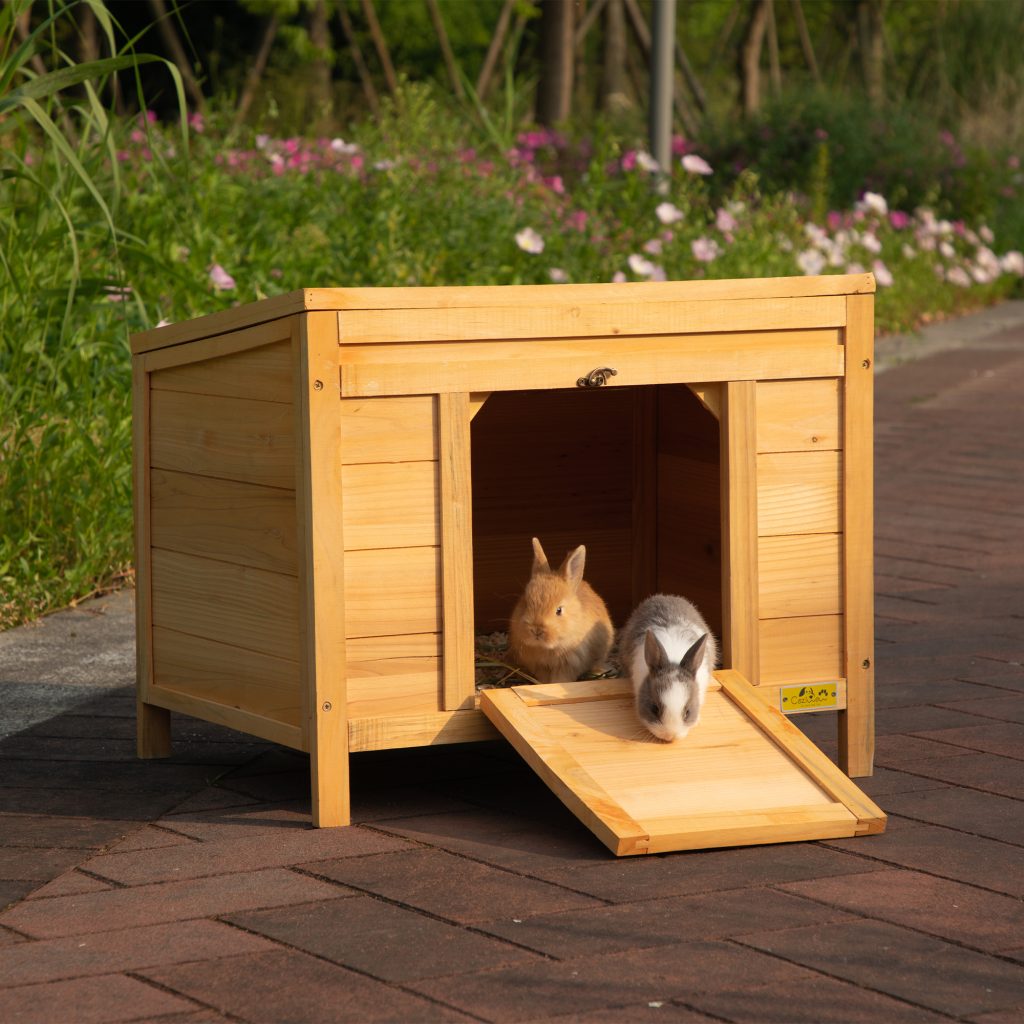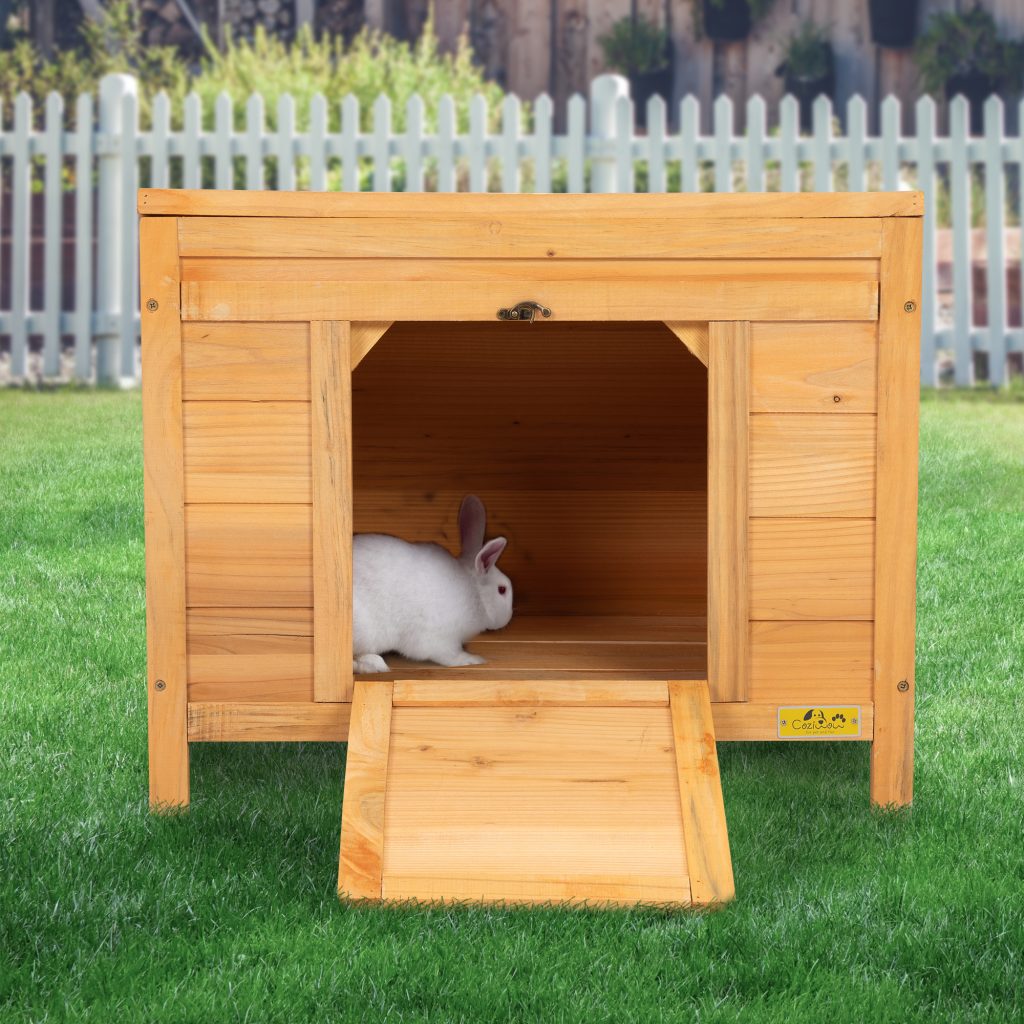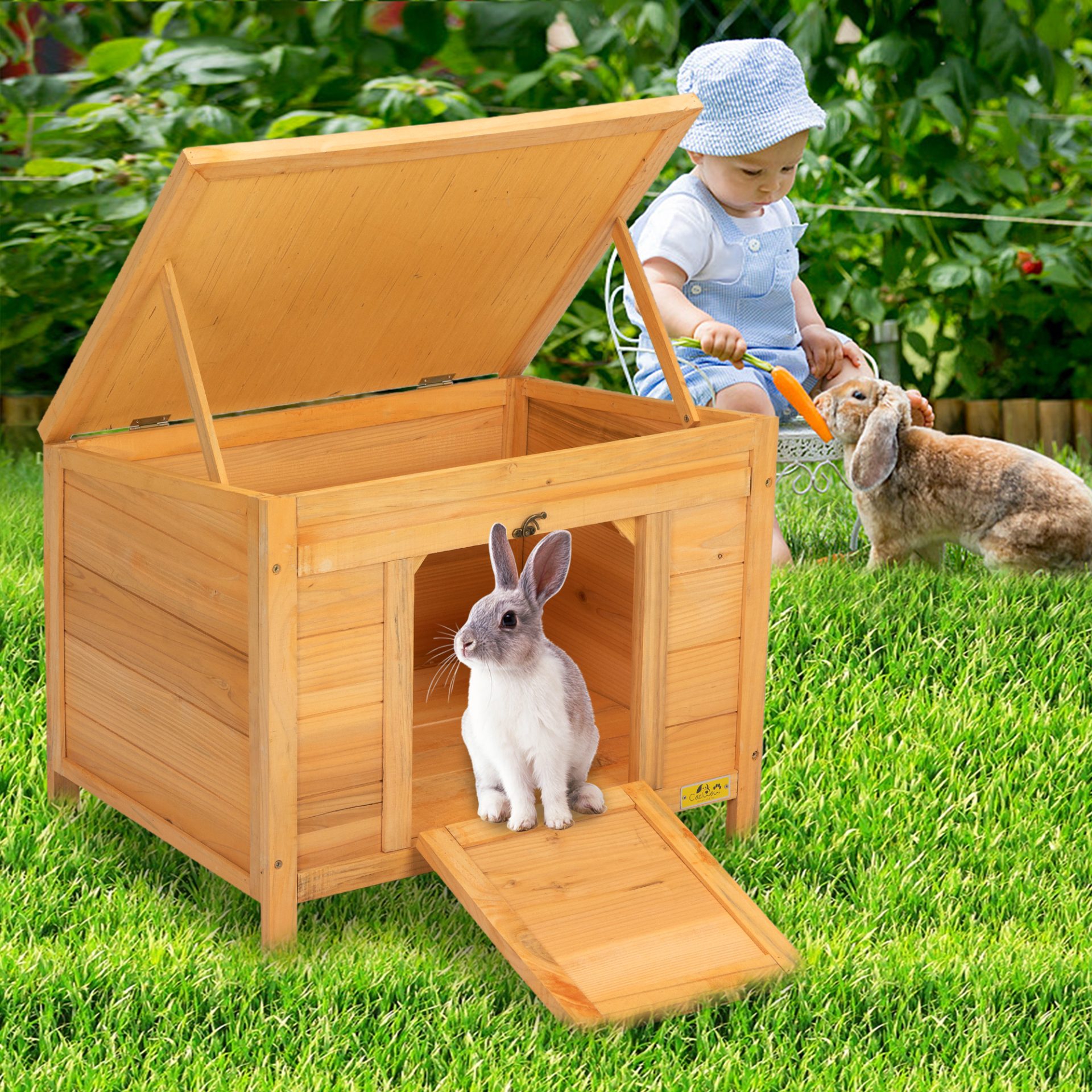A hutch and food are insufficient for a baby or adult rabbit. You must also ensure that your rabbit is warm, safe, and comfortable. As a result, providing the proper substrate goes a long way toward attaining this goal. The greatest rabbit bedding can assist keep your pet healthy for a longer period of time.
The bedding of a rabbit must keep them safe, comfortable, and warm. Rabbits frequently consume their bedding, thus it cannot be poisonous. Paper shreds, Aspen shreds, specialized litter or pellets, and hay are all safe choices.
There’s more to bedding than just picking a material. You’ll have to change it on a regular basis, so consider the cost. Obviously, it will be worthwhile if your rabbit is happy and comfortable.
Do Rabbits Need Bedding in Their Hutch?
A rabbit will sleep anyplace if they are tired enough. After a long period of exercise or play, a rabbit may frequently turn over and fall asleep on the spot.
Regardless, it is best to provide bedding for a rabbit. A rabbit needs to feel comfortable and protected while sleeping. Their body temperature will also decline.
Rabbits nap frequently, although they usually take a long, uninterrupted 8-hour slumber. This will take place between the late afternoon and early evening. They also sleep at night since it is cooler. On both occasions, bedding keeps them comfy.
Bedding is not always required. Many rabbits will be perfectly satisfied napping on a hay pile in their hutch. However, bedding can help a rabbit form specialty zones in their hutch. This plays on their territorial instincts.
A rabbit will also learn that bedding is only used for sleeping, not eliminating. This lessens the possibility of them laying in their urine or excrement. Rabbits can become ill if they are exposed to their own feces for an extended period of time. It can also turn the color of rabbit fur yellow.

Do Rabbits Need a Special Bedroom for Sleeping?
It is best to designate a specific sleeping area in your rabbit’s hutch. Your rabbit will be more comfortable if they have separate sleeping and eliminating facilities.
The majority of a rabbit’s slumber occurs in the late afternoon and early evening. Bunnies are crepuscular, which means they are most active at dark and dawn.
The world continues to spin while a bunny tries to sleep. The sun will shine, traffic will blare, and owners will return home from work or school. All of these can disrupt your pet’s sleep.
A cardboard box placed on its side will make an excellent rabbit bedroom. This gives your bunny with a dark, warm, and quiet environment in which to close their eyes. They’re also sheltered and contained, which gives a rabbit a sense of security. Here’s some information on whether rabbits require darkness to sleep.
Keep in mind that wild rabbits sleep underground. This configuration resembles the circumstances of a warren. This plays on your pet’s innate inclinations.
Your rabbit will be more comfortable in this location if you give proper bedding. This will motivate them to sleep soundly. As a result, your pet rabbit will be happy and healthy.
Do Rabbits Eat Their Bedding?
A rabbit will consume anything. Rabbits chew to investigate, amuse themselves, and to smooth their teeth. This is something that must be considered when selecting their bedding.
Don’t give your rabbit bedding that will clog their intestines. This includes anything that has the potential to expand in their gut. Toxic items are strictly prohibited.
The occasional chew on bedding is acceptable; it’s in a rabbit’s nature. However, if eating bedding looks to be a compulsion, intervene. They can swiftly afflict them.
Providing alternatives is the simplest approach to keep your rabbit from eating their litter. Chew toys are essential parts of any rabbit hutch.
You can fill their house with extra hay. Rabbits can eat as much hay as they want without becoming sick.

What Makes Good Rabbit Bedding?
It takes some thought to select the best bedding for your bunny. To begin with, each rabbit has unique requirements. These are determined by their age and individual characteristics.
When it comes to rabbit bedding, though, some elements are common. Consider the following factors while selecting a material:
- Comfort. Soft materials are preferred by rabbits.
- Differentiation. Your rabbit’s bedding and litter should be separate. This will prevent uncertainty about where to sleep and where to relieve oneself.
- Absorbency. Rabbits do not sweat much, certainly not as much as humans. However, they may have a restroom mishap. This calls for absorbent bedding.
- Safety. Rabbits seek comfort from a variety of toxic materials. If they consume or breathe it in, make sure their bedding is safe.
- Flexibility. You’ll never get your rabbit’s bedding just right, no matter how hard you try. Make sure your bunny can move it around.
- Temperature. A rabbit’s body temperature lowers while they sleep. They cannot, however, become too heated. You’ll need a material that meets both of these requirements.
- Fun. Rabbits are easily bored. Making their bed or building a nest provides them something to do. Choose a material that allows for this.
- Environmental Friendliness. Choose a material that is compostable or biodegradable.
These are the general considerations while choosing rabbit bedding. Bunnies at different life phases, however, have varied needs. You should customize the bedding for your pet properly.


